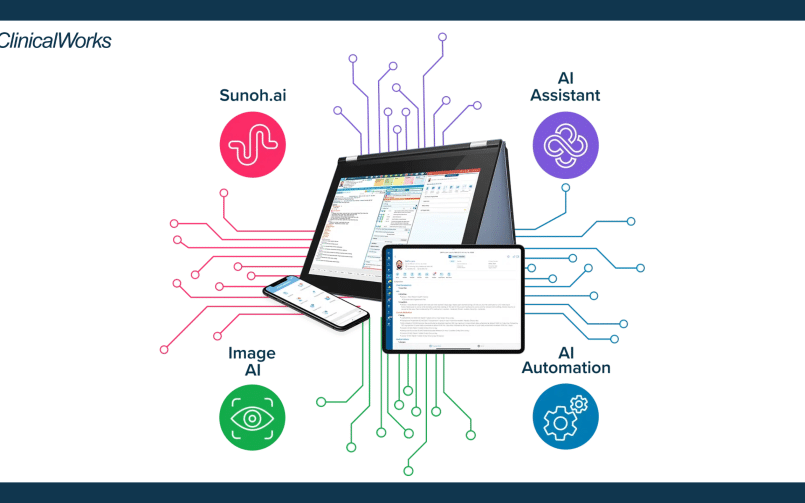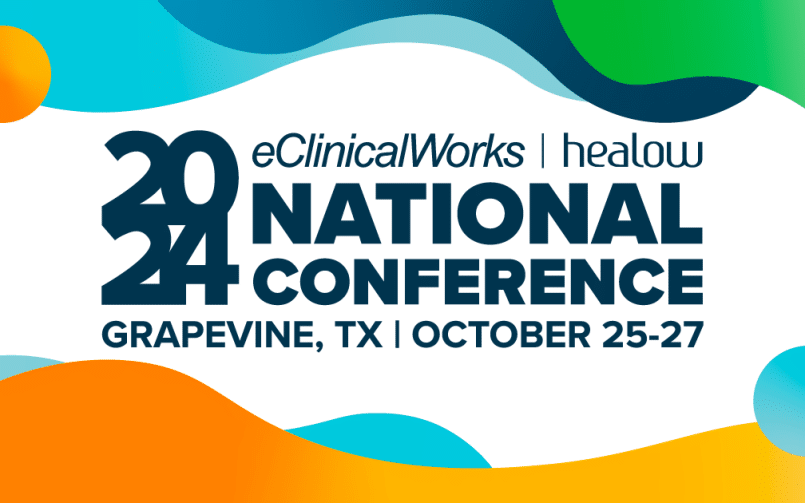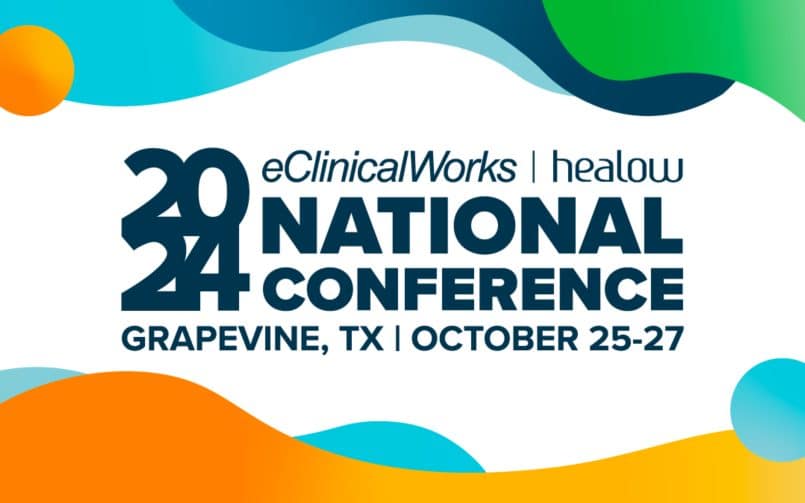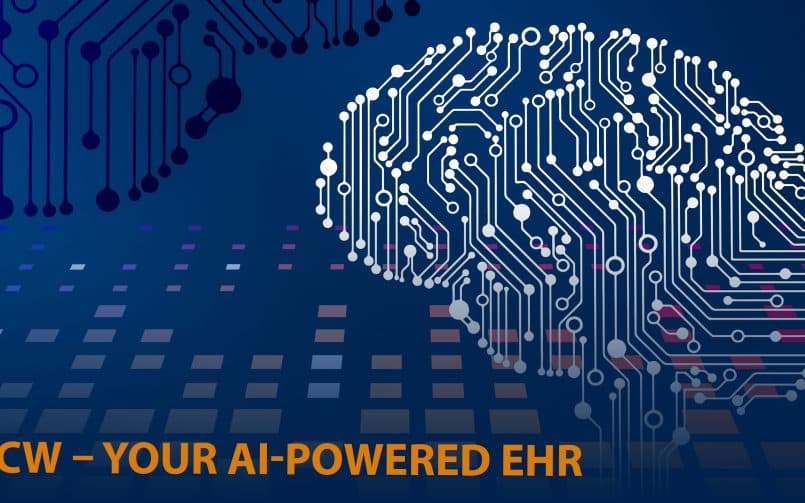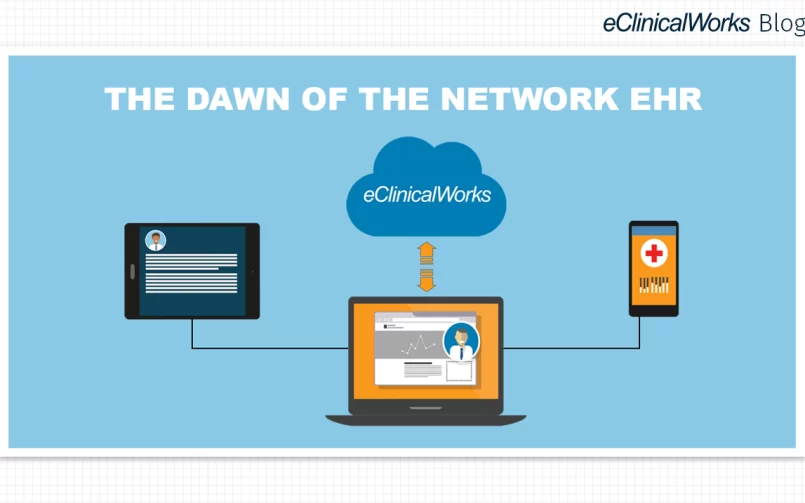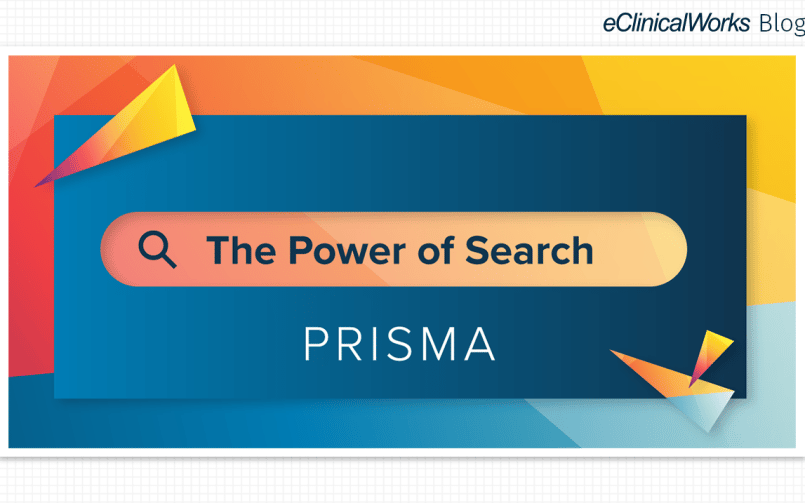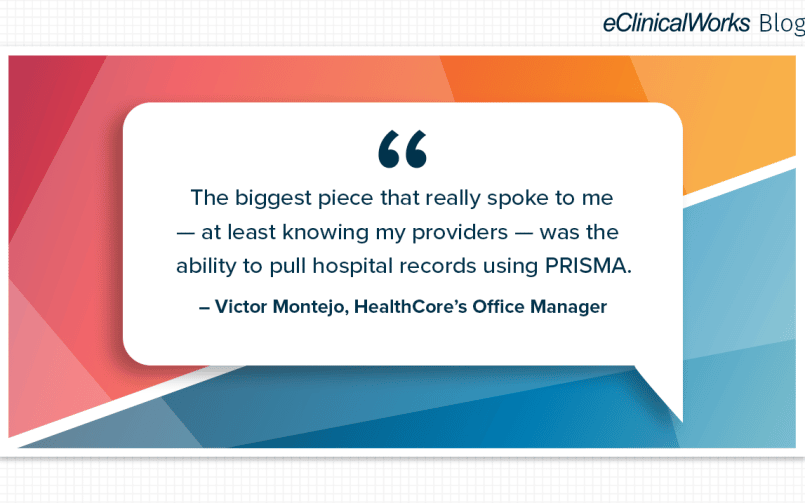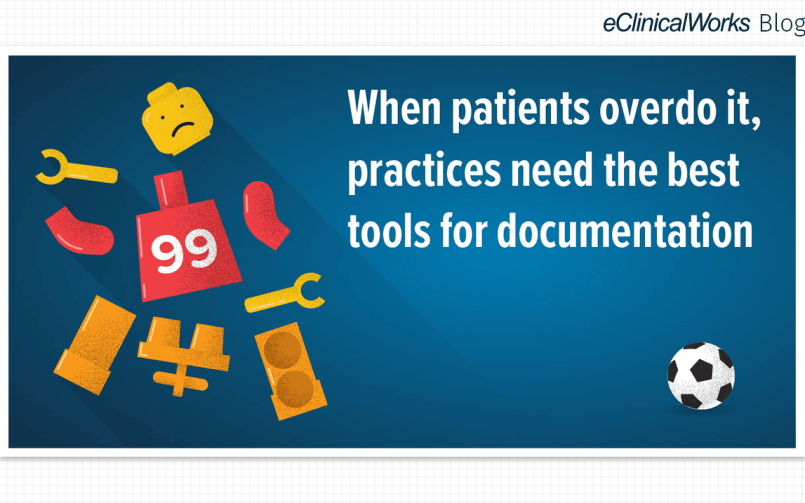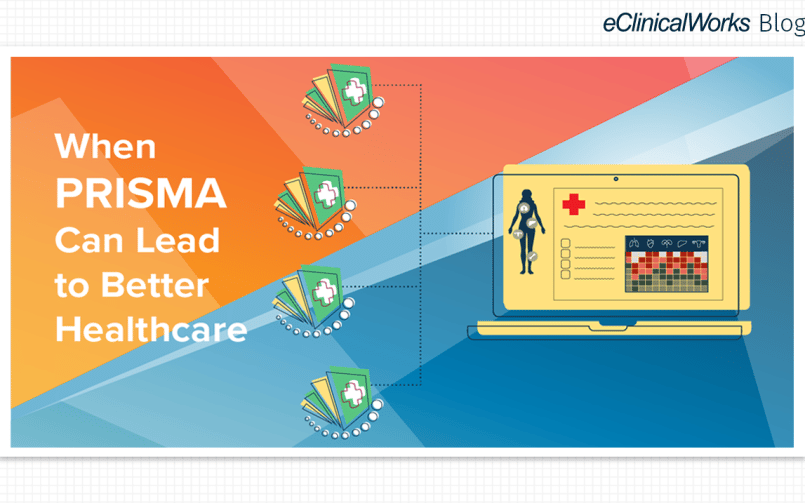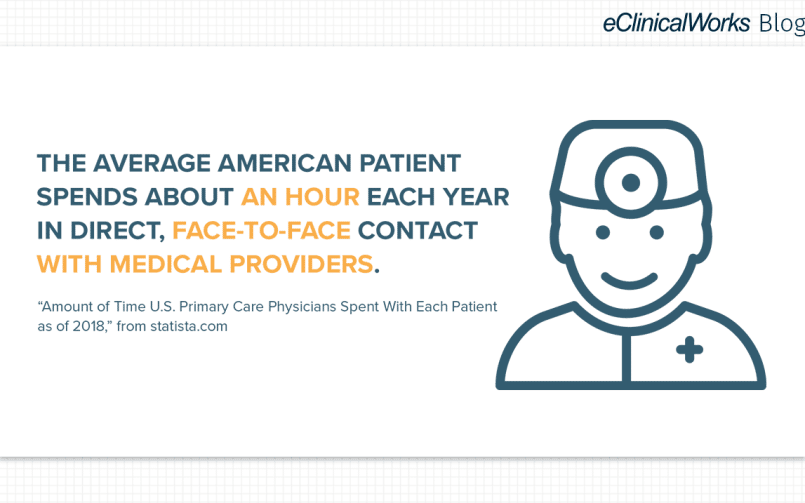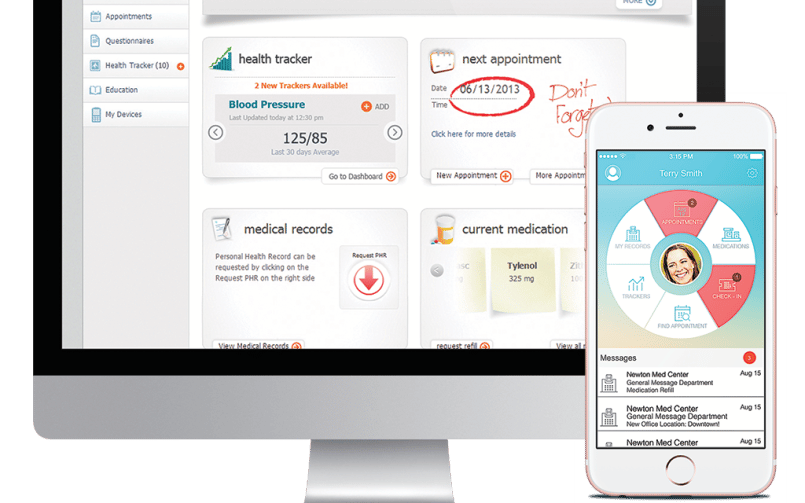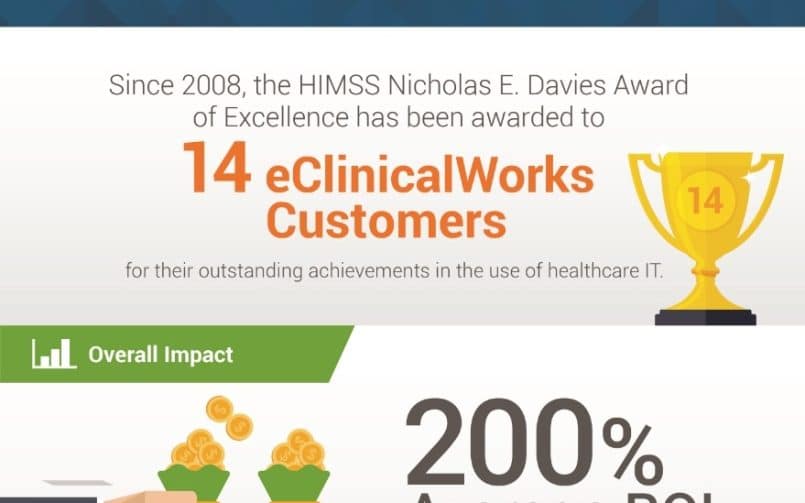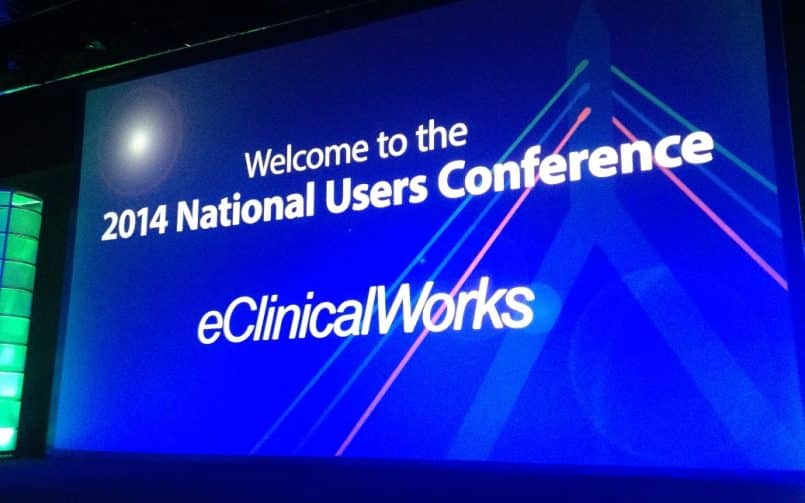AI and the Future of Healthcare
- 7 February 2020
- Blog
eClinicalWorks
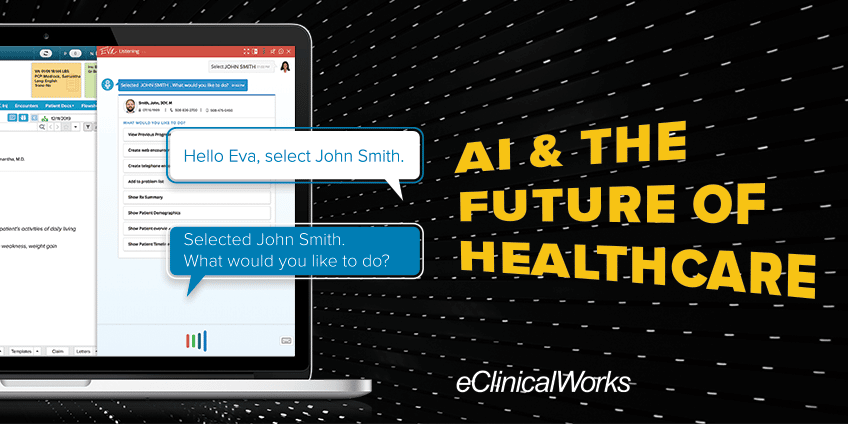
Where are the flying cars?
It’s 2020. We’re already well into the 21st century. By now, wasn’t artificial intelligence supposed to have given us flying cars, replicators to produce our favorite foods on demand, and a society in which everyone enjoyed luxury, ease, and good health?
Well, flying cars and replicators are a ways off, but when it comes to healthcare, the fact is that AI is playing an increasingly important role. It’s just that it’s doing so in ways that the futurists and science fiction writers couldn’t have anticipated.
Rather than handing over data, diagnostics, and discussions to an army of robots, medical providers are learning that the future means combining the best of technology with those qualities that machines cannot match — the judgment and experience of human beings.
The ‘inconvenient truth’ about AI
Understanding what AI can do first requires understanding its limitations.
An August 2019 article at nature.com’s Digital Medicine site noted that AI has tremendous promise for ushering in an era of precision medicine. But, the authors note, the ‘inconvenient truth’ is that the algorithms that are discussed in research literature “are in fact not, for the most part, executable at the frontlines of clinical practice.”
Why the disconnect? Two reasons:
- AI is powerless to change the complex web of political and economic factors that govern and shape how healthcare is provided and paid for.
- Most healthcare organizations “lack the data infrastructure required to collect the data needed to optimally train algorithms” to meet the needs of their patients and their practice patterns.

A new understanding of AI
The key to effective use of AI, then, is twofold: First, use the power of algorithms, machine learning, and big data to develop better healthcare IT solutions. Second, empower medical providers to deploy those solutions where they are most useful and appropriate, bearing in mind that we cannot (and may never want to) replace human judgment and intuition with a machine.
In short, the future belongs not to the machines but to caring human beings who use technology intelligently and appropriately to augment their own knowledge and training.
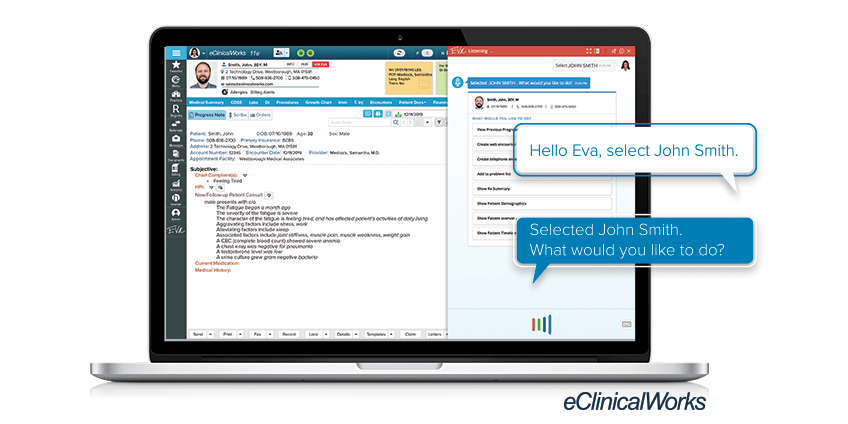
What eClinicalWorks is doing
At eClinicalWorks, we embrace the “rise of the machines,” but understand that advances in AI and machine learning must also be guided by human innovation and intelligence.
- Eva, the eClinicalWorks Virtual Assistant, responds to voice commands, recalls patient data on demand, and lets providers easily compare past and current Progress Notes. Medical practitioners can even book appointments, play educational videos, and respond to messages — all without losing their place in their daily workflow.
- eClinicalWorks offers providers the latest interoperability solutions, delivering the most up-to-date patient records at the point of care, thereby promoting higher quality medicine and better outcomes.
- Our suite of Population Health products use the power of big data to offer practices unprecedented visibility and insight into their patient populations. That helps in two main ways: It guides providers’ medical decision-making for the individual patient, as well as shaping overall strategies practices can pursue to reach out to those patients most in need of services.
The unseen future is here
The role of AI isn’t limited to a certain number of products but has become ingrained in our corporate DNA. To a greater or lesser degree, AI and machine learning can be found throughout the product and services we offer.
Patient safety initiatives — from alerts for drug interactions to safer prescribing of controlled substances — rely upon big data and analytics. Our practice optimization services, Patient Engagement tools, and Revenue Cycle Management solutions depend upon an ABC of technologies — algorithms, bots, and computations.
The bottom line on AI is perhaps best expressed by Tesler’s Theorem from 1970, which stated that ‘Artificial intelligence is whatever hasn’t been done yet.’
In that sense, AI, like flying cars, seems always just out of reach. But in the real world, it’s already a vital part of what eClinicalWorks does every day.
To learn more about how our subroutines can power your daily routines, contact us.






